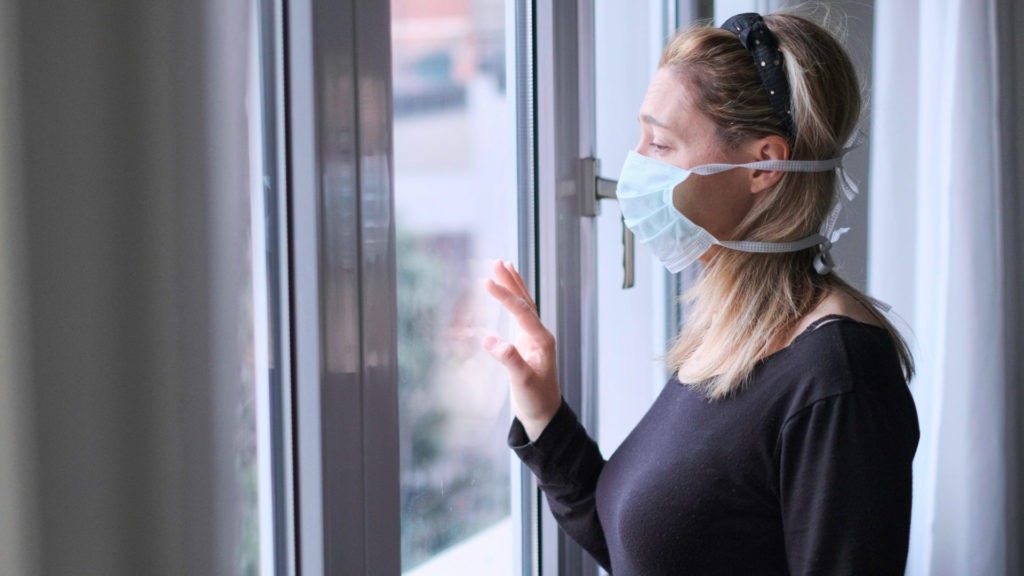A doctor in the United States has posted a confronting message about the risk of young people not getting vaccinated for COVID-19, saying when you need it most, “it’s too late”.
Dr Brytney Cobia who works at Grandview Medical Centre in Birmingham, Alabama says that in recent months she’s been “admitting young, healthy people to the hospital with very serious covid infections”, and that “one of the last things they do before they’re intubated is beg me for the vaccine.”
By that stage, it’s too far gone.
“I hold their hand and tell them that I’m sorry, but it’s too late. A few days later when I call time of death, I hug their family members and tell them the best way to honour their loved one is to get vaccinated and encourage everyone they know to do the same.”
While America’s battle with COVID-19 has been far more severe than Australia’s, Cobia’s warning rings just as alarming for young people in this country. As Australia works to fend off escalating outbreaks in three of our major cities, we’re squinting in vain to see the light at the end of the tunnel. With just over 14 percent of citizens currently vaccinated, our pathway to any kind of normalcy is still a long way off.
Made worse is the fact that there is no sense of urgency from our government to ensure young people– the most socially mobile people– get vaccinated quickly. With public messages warning against the Astra Zeneca vaccine for anyone under the age of 40, young people are acutely aware that the length they may wait for the recommended Pfizer jab could still be months away.
This not only means limitations in how we live– including the complete inability to plan trips to see family overseas– but also the significant risk to our health. Yes, young people may be less prone to serious complications associated with COVID-19, but as Cobia notes, she has still witnessed multiple cases of horrifying fatalities. As Australia’s situation grows worse, young Australians are growing more fearful and none of these concerns are being allayed.
“In previous strands, we had not seen younger people get the virus in the way they are [now] or transfer the virus in the way they are,” NSW Premier, Gladys Berejiklian said during her daily press conference yesterday.
For this reason, we need a clear roadmap for how to move forward and ensure that we’re not languishing for months at the back of the vaccination queue.
As Epidemiologist, Professor Mary Louise McLaws noted weeks ago, “young adults and children have more social contact than those in their 40s and 50s and certainly anyone in their 60s.
“You don’t get protection from transmission by vaccinating [only] the elderly.
“The elderly are protected by vaccinating the young because it is the young who have more interaction with people and more acquisition and transmission likelihood.”
In the US, the challenge around getting young people vaccinated lies predominantly with apprehension around the virus itself.
“They tell me they didn’t know. They thought it was a hoax. They thought it was political. They thought because they had a certain blood type or a certain skin colour they wouldn’t get as sick. They thought it was ‘just the flu’”, writes Cobia.
In Australia, that’s not the case. Young people are champing at the bit to get vaccinated and to help the country recover. We’re doing our bit, but we need some bloody support to make sure we’re protected too.


